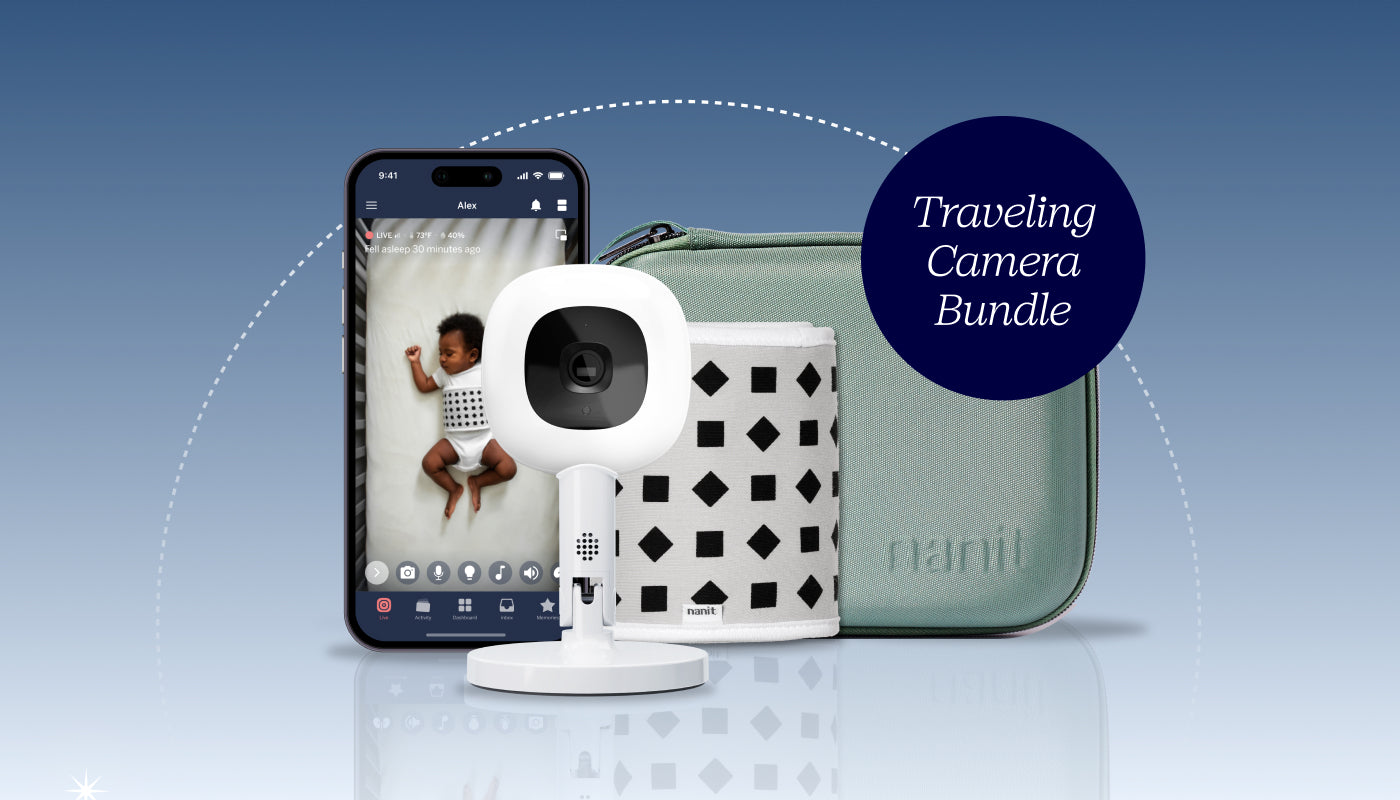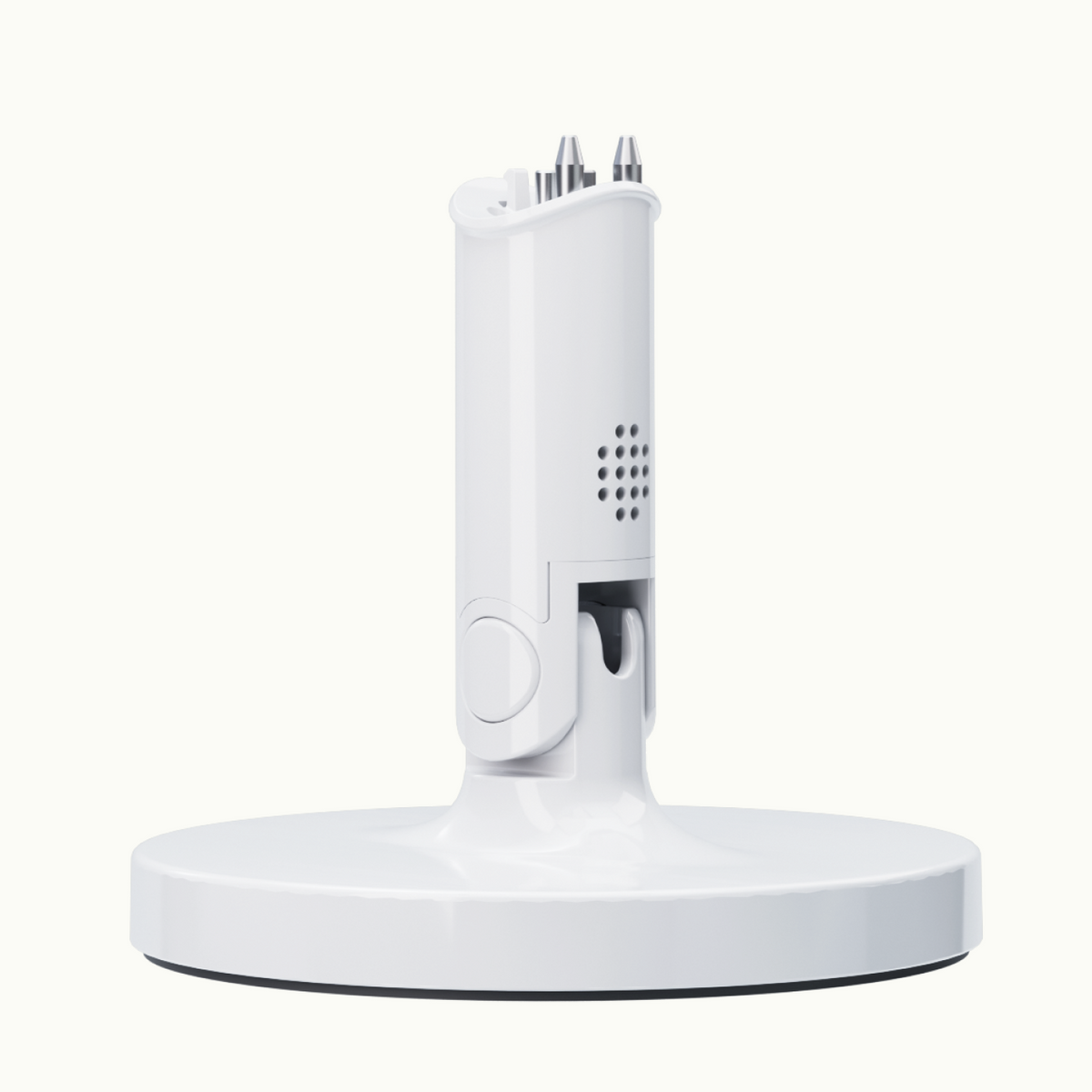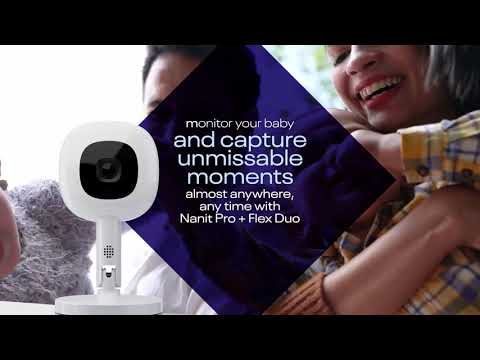How can you tell if your baby is getting sick? Infants are born with a complex immune system that takes some time to fully develop. Because newborns can’t localize infection in the same way older infants and toddlers can, if your newborn shows signs of illness, especially a fever (taken rectally) of 100.4 or higher it is an automatic visit to the ER and possibly an admission to the hospital (if 21 days old or younger)
How to Tell if Your Baby is Sick
You know best if your baby’s symptoms are out of the ordinary. Common symptoms in older children are not necessarily benign in newborns from birth to 6 weeks of age.
- Runny nose. Excess mucus and congestion can be from the obligate nasal breathing and may not be a sign of illness unless associated with other symptoms that are raising concerns (ie increased work of breathing/labored breathing, significant difficulty feeding, dehydration or fever)
- Fever. A temperature of 100.4°F (38°C) or higher is considered a fever. Newborns may appear flushed, feel warm to the touch or be extra fussy. Make sure a rectal digital thermometer is part of your at-home first aid kit.
- Cough. A cough can mean several things in a newborn, in general, if it is persisting, it warrants being checked out by your pediatrician.
- Irritability. A fussy baby may be a sick baby or may be an overtired baby. Isolated Irritability atypical of their norm and not associated with a prolonged wake window and minimal napping, may be cause for concern in a newborn. As an FYI, the witching hour in newborns starts around 3 weeks of age and tends to include fussiness and crying at the end of the day. Your baby is unable to be calmed and settled, despite all of their basic needs being met (tried to feed and not hungry, doesn’t need a diaper change, not too cold, took temperature and there’s no fever…). It is akin to an end of the day “primal scream”
- Changes in appetite. If your baby is feeding less and not voiding at least 3-4x/day, they may warrant an exam by the pediatrician.
Rule of thumb: When trying to decide whether your baby is sick, keep in mind what’s out of character for your baby. And reach out to your pediatrician if you need some guidance
- Vomiting Or Spit up. All babies are likely to spit up. The muscle at the bottom of their esophagus is weak and when their stomach is full some of the milk may regurgitate up and out of their mouth. As long as babies are gaining weight and not having any pain or discomfort with feeds, it is not an issue to be concerned with, and they will outgrow it.
Forceful or projectile vomiting especially when occurring after every feed is something that warrants a visit to the pediatrician for evaluation. As does vomiting associated with decreased milk intake, minimal urine output, or irritability.
- Diarrhea. Newborns normally have frequent loose and watery stools. They may often stool during each feeding. The more frequently they pass stool the smaller the volume of each stool will be. Diarrhea in newborns is persistent and frequent large volumes of loose/watery/mucusy or bloody stools.
- Difficulty breathing. Labored breaths, flared nostrils, and persistent rapid breathing are all signs that your baby may have a respiratory illness and they should be evaluated by your pediatrician or in the ER..
- Unusual sleep patterns. If your baby’s sleep habits change drastically and they’re suddenly waking up several times throughout the night, excessively fussy and irritable, it may warrant a closer watch for progression to illness.
What to do if you suspect your baby is sick
It’s always important to monitor your child’s symptoms closely, especially if they’re younger than three months, and visit your pediatrician if you are concerned about any symptoms, or how long any symptom is lasting.
Remedies for nasal congestion
If only your baby could blow their own stuffy nose. But since they can’t, you can help ease their congestion with:
- Saline spray
- Bulb syringes or nasal aspirators
- Steam inhalation. Bring your baby into the bathroom after you take a shower. Or run a hot shower for a few minutes and stand in the room nearby with your little one.
When to seek medical attention
Seek medical attention if your child is having trouble breathing (not just congestion but an increased work of breathing), refusing adequate milk to maintain hydration, fever of 100.4 or higher (in babies 0-6 weeks) or any other symptoms that seem unusual or worrisome to you. Trust your gut—you know your baby best.
How to Prevent Future Colds and Illnesses
Creating a healthy environment for your baby goes a long way in promoting their health and well-being. Illness is a normal and natural part of children's lives and it is normal for children to get multiple viral illnesses throughout their early years. These exposures help strengthen their immune system and build immunity to prevent the frequency of illnesses as they get older. However, in the early weeks and months of a newborn's life, it is important to be more cautious since minor symptoms can progress and worsen, requiring medical evaluation (especially in the first 6 weeks of life).
Maintain clean, moist air
When the air is too dry, the nasal passage may produce excess mucus, which can cause congestion and restricted airflow. Moist, warm air helps open the nasal passage and facilitate the ease of breathing.
Make sure your baby isn’t too hot or cold
Tune into the weather and dress your baby properly for the season. In chillier months, they’ll benefit from an extra layer. If you notice them sweating in their sleep, opt for lighter-weight pjs or sleep sacks to avoid overheating. The ideal nursery temperature should be between 68 and 72 degrees, with around 40 to 55 percent humidity.
Monitor your baby’s wellness with Nanit
Maintain a healthy environment for your little one with the Nanit Pro Camera, our integrative neonatal monitor that uses sensor-free technology to track sleep and breathing analytics. Gain insight into your baby’s breaths per minute, sleep environment (including temperature and humidity), and more, all with real-time alerts sent to your phone. This can be especially helpful if you are worried about whether your baby is breathing too fast. The Nanit allows you to monitor their breathing motion patterns closely. For an extra-soothing touch, incorporate the Sound + Light Machine for restful nights even with the sniffles.
Part of keeping your baby healthy is by prioritizing your own rest and wellness. Browse our monitors to discover why Nanit parents get 36 more nights of sleep per year.
Key takeaway
- Keep an eye out for unusual symptoms. There are ways to ease nasal congestion at home. You can help your child feel better at home with nasal saline spray, nasal aspirators, and time in a steamy bathroom. And as always, contact your doctor about any symptoms that are concerning to you.
Sources:
Seattle Children’s. Newborn Illness - How to Recognize.
https://www.seattlechildrens.org/conditions/a-z/newborn-illness-how-to-recognize/
NHS Inform. Vomiting in children and babies. https://www.nhsinform.scot/illnesses-and-conditions/stomach-liver-and-gastrointestinal-tract/vomiting-in-children-and-babies/
Seattle Children’s Hospital. Diarrhea (0-12 Months). https://www.seattlechildrens.org/conditions/a-z/diarrhea-0-12-months/
Children’s Hospital of Philadelphia. Infant Sleep. https://www.chop.edu/primary-care/infant-sleep
Mayo Clinic. Common cold in babies. https://www.mayoclinic.org/diseases-conditions/common-cold-in-babies/symptoms-causes/syc-20351651?p=1


